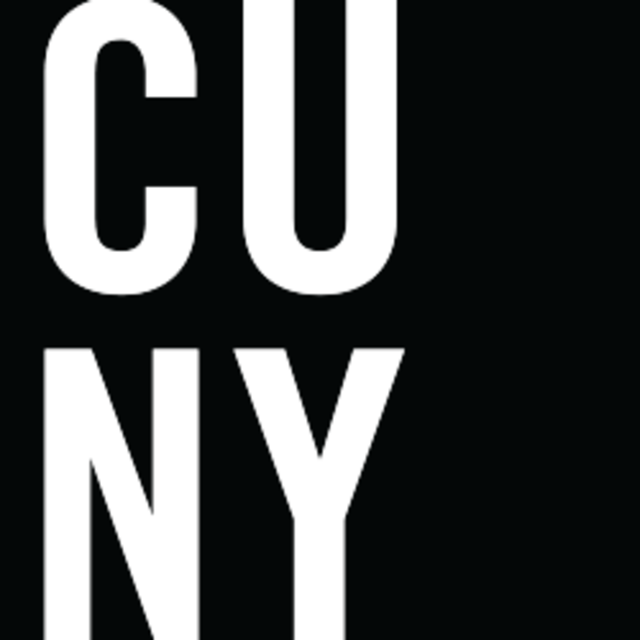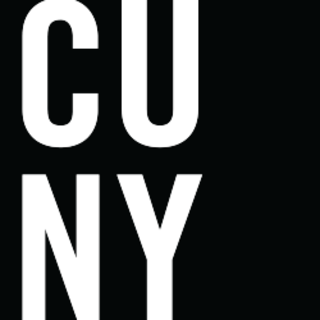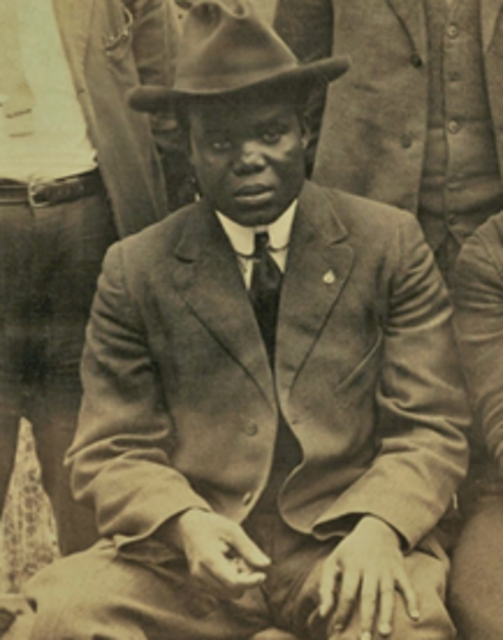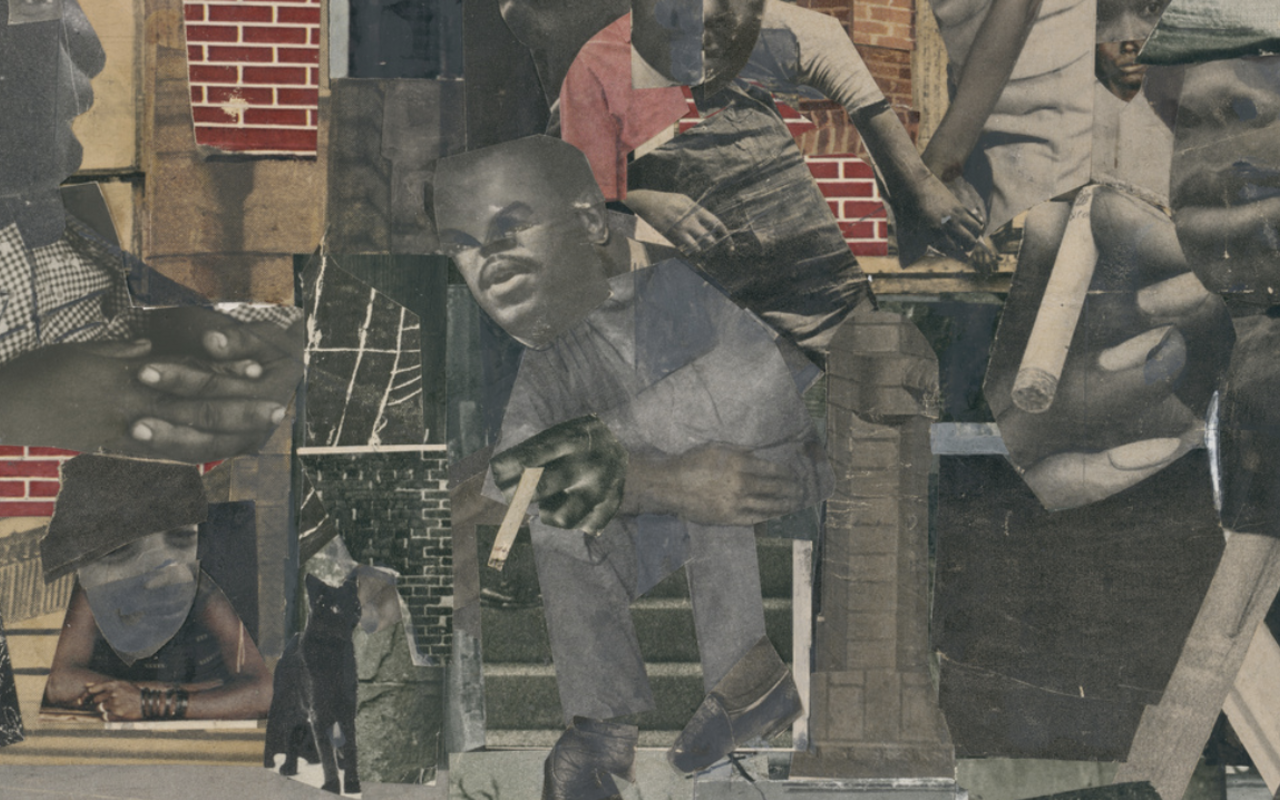Manifold Assignment: Hubert Harrison’s The Negro and the Nation
Objective:
To practice “doing” American studies, our class will collaborate on an open-source digital project using the Manifold publishing platform developed by the CUNY Graduate Center in collaboration with the University of Minnesota Press and the development firm, Cast Iron Coding. We’ll create a dynamic, media-rich digital edition of Hubert Harrison’s neglected The Negro and the Nation (1917), and over the course of the semester, we’ll customize a publicly accessible digital textbook with media resources and annotations in the form of citations, questions, and observations developed from our class readings and discussions.
Strategy:
As a class we’ll read Harrison’s text first thing in the semester. I will add the first media resources and annotations as an example of the type of work I am asking you to do. Over the course of the semester, students will provide different kinds of media resources and annotations in order to customize Harrison’s text for contemporary study and scholarship. We will reflect on our process over the course of the semester. Someone from the Manifold team will visit class to introduce the platform and talk to us about our project.
Goal:
By creating an annotated and media-rich text of Harrison’s text, we will spotlight fascinating intellectual work by a remarkably understudied black intellectual. In addition, we will explore how Manifold works as a scholarly platform, and compare our practice with more traditional forms of academic labor.
Context:
American studies is an interdisciplinary field, and as such utilizes a combination of methods and practices to create new kinds of scholarly knowledge. American studies isn’t just a field that looks at particular issues or problems, but is actually a way of approaching issues and problems -- it’s a method, not just a framework. Part of its method stems from the application of critical disciplinary tools from its various fields onto an urgent problem. In our class, we want to explore these methods and practices to answer questions about American culture and values.
Labor:
All students will make at least four different contributions over the course of the semester within the platform. Media resources and annotations will be embedded into specific locations in the text.
- Media Resources: Embedded or linked media - For these kinds of additions, you should find a relevant document, image, video, or article that adds new meaning or context to an idea or passage from the text. To make it easier for you, please send me the link(s) or files, a caption and/or description that contextualizes the resource, and the exact place in the text where you’d like your resource to appear. To identify that exact place in the text, send me a one or two sentence quote from the text. Wherever we link to another media source of whatever kind, we will need to add an academic citation to our working bibliography, which will be in Chicago style (17th edition).
- Annotations: There are different kinds of annotations that you can add yourself. All annotations should be around 100 words. They’re essentially scholarly annotations that describe how a course or other reading supports or complicates an idea, word, or passage from Harrison’s text. The tone and intent of student contributions should be scholarly, but conversational. Annotations can be:
- A brief citation (a quote) from another course reading or other scholarly text with a paragraph explaining the link between the outside source and the Hubert text. Citations should include Chicago Style bibliographic information.
- Exploratory questions to generate class or public discussion within the context of American Studies
- Observations or criticisms on the text
If we wish to link to a text as a whole, we should think about how and where we’d like to do that.
For technical questions, I’ll give further instructions on a separate sheet.
Deadlines:
By October 1st, all students should have made two contributions to our course version of The Negro and the Nation: their own annotation (a quote, question, or observation as outlined above); and a media resource of some kind, sent to me according to the instructions above. By December 1st, all students should have made two more of each type of contribution.



